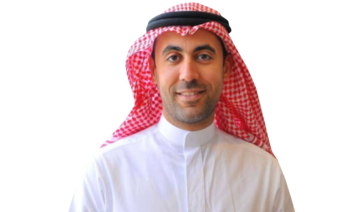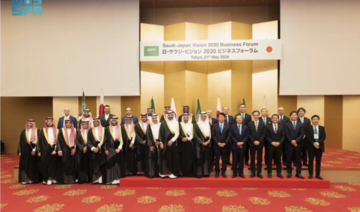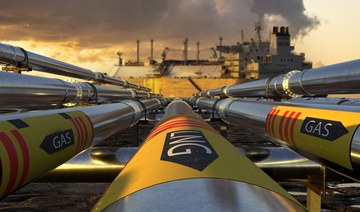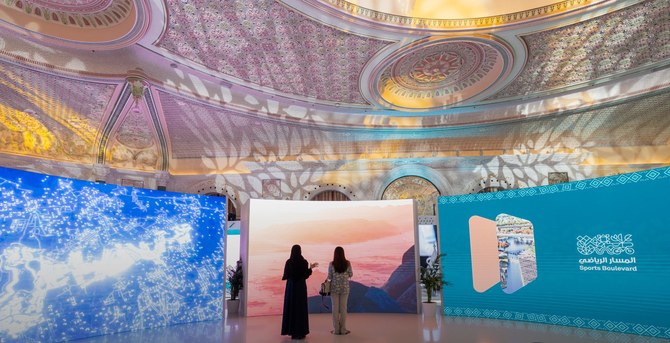TOKYO: While many perceive Saudi Arabia solely as an oil exporter, the truth is that its economy is already diversified and will further diversify under the Saudi Vision 2030 plan of Crown Prince Mohammed bin Salman.
Johnson Controls Arabia, a joint venture company with Johnson Controls International — a US Fortune 500 company — and Al Salem Group of Companies, is not just a local player. It is a prime example of how Saudi companies aspire to expand beyond the Kingdom and substantially affect the global stage, demonstrating the country’s growing influence in the international business arena.
CEO Dr. Mohanad Al-Shaikh visited Japan last week for the Saudi-Japan Vision 2030 Business Forum, a platform that fosters business collaborations between the two countries in line with the Saudi Vision 2030 plan.
In an interview with Arab News Japan, he explained his reasons for visiting Japan and his vision for his company, highlighting the potential for mutually beneficial partnerships between Saudi Arabia and Japan.
“We are here as the Saudi delegation trying to find opportunities,” he told Arab News Japan. “We cooperate with some Japanese companies and want to engage in reciprocal relationships where we buy and localize key Japanese parts to manufacture our products in Saudi Arabia. Soon, we hope to add Japan to our list of more than 26 countries from which we have already exported.
JCA, one of the largest heating, ventilation and air-conditioning factories in the Middle East, is already exporting to the United States and China.
“The world is becoming a smaller place, and we are taking advantage of investments that have been made over the past eight or nine years,” Al-Shaikh said. “We are quite proud that Saudi-made products are used in American public schools and other places. So, many good things are taking place, and we are taking advantage of that to expand our business.”
Manufacturing is a central component of Saudi Vision 2030, and Saudi Arabia has established an ecosystem that competes globally. With its 30 percent production export, JCA is a key player in this vision and aims to increase that figure to more than 50 percent in the coming years. Moreover, it is actively involved in significant projects in Saudi Arabia, including the Great Mosque in Makkah, major airports, and several universities, demonstrating its commitment to national development.
“JCA now serves as an umbrella of brands,” Al-Shaikh said. “We are not limited to HVAC; we focus on enhancing building systems’ capabilities. We are executing innovative projects such as smart buildings and smart cities, using automation and the necessary assets to ensure comfort, including air conditioning, fire systems, building management systems, and security systems. We aim to pioneer the industry’s future, making buildings smarter and more sustainable.”
“When we talk to key clients, we say, ‘Whether it is one big building, or a cluster of buildings or even a small city, let’s be smart, where buildings can “talk” to each other, can learn from their environment.’ And our state-of-the-art platform, OpenBlue, lets those buildings come to life.”
Al-Shaikh cites the example of a university where an auditorium can adjust the air conditioning to the weather and the number of students attending. Sustainability is also key.
“We are about making buildings sustainable,” Al-Shaikh said. “We help not only the customers but the environment. Our job is to make buildings as sustainable as possible.
“Why is that important? Because 40 percent of all CO2 emissions come from buildings. Since Saudi Arabia has committed itself to being carbon neutral by 2060, this work is critically important to ensure that we help the Saudi government achieve that goal.”
• This aricle originally appeared on Arab News Japan



























